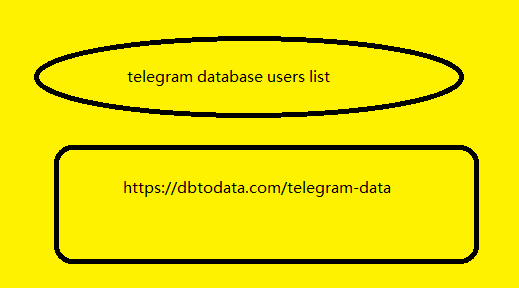Circular 68/2019/TT-BTC guiding on electronic invoices officially took effect from November 14, 2019. However, according to this Circular, some old legal documents on electronic invoices will still be effective until October 31, 2020. So what regulations should businesses apply during this electronic invoice conversion period?
>> Should you proactively register for electronic invoices or wait until the deadline of November 1, 2020?
>> In 2020, what do businesses need to prepare to use electronic invoices?
Table of Contents Hide
1. What regulations apply during the period lebanon telegram data of converting to electronic invoices from November 1, 2018 to October 31, 2020?
2. Some changes in the use of electricity bills from November 1, 2020 that accountants need to pay close attention to
2.1 Register to use electronic invoices
Convert electronic invoices to paper documents
2.3 Time of electronic extract for a large number of keywords invoice creation
2.4 How to handle incorrect electronic invoices
1. What regulations apply during the period of converting to electronic line data invoices from November 1, 2018 to October 31, 2020?
On September 12, 2018, the Government issued Decree 119/2018/ND-CP regulating electronic invoices when selling goods and providing services, which clearly stipulates:
From November 1, 2018, newly established units must
use electronic invoices.
From November 1, 2018 to November 31, 2020, units will convert to electronic invoices.
From November 1, 2020, 100% of units must use electronic invoices
Article 35 of the Decree also clearly states the time for mandatory conversion as follows:
– This Decree takes effect from November 1, 2018.
– During the period from November 1, 2018 to October 31, 2020, Decrees No. 51/2010/ND-CP dated May 14, 2010 and No. 04/2014/ND-CP dated January 17, 2014 of the Government regulating invoices for the sale of goods and provision of services are still in effect.
– From November 1, 2020, Decrees No. 51/2010/ND-CP dated May 14, 2010 and No. 04/2014/ND-CP dated January 17, 2014 of the Government regulating invoices for the sale of goods and provision of services cease to be effective.
In addition, Article 26 of Circular 68/2019/TT-BTC provides more specific additional guidance for Decree 119/2018/ND-CP:
This Circular takes effect from November 14, 2019.
From the effective date of this Circular to October 31, 2020, the following documents issued by the Ministry of Finance remain effective:
a) Circular No. 32/2011/TT-BTC dated March 14, 2011 of the Ministry of Finance providing guidance on the creation, issuance and use of electronic invoices for the sale of goods and provision of services;
b) Circular No. 191/2010/TT-BTC dated December 1, 2010 guiding the management and use of transport invoices;
c) Circular No. 39/2014/TT-BTC dated March 31, 2014 of the Ministry of Finance (amended and supplemented by Circular No. 119/2014/TT-BTC dated August 25, 2014, Circular No. 26/2015/TT-
BTC dated February 27, 2015 of the Ministry of Finance)
d) Decision No. 1209/QD-BTC dated June 23, 2015 of the Minister of Finance on piloting the use of electronic invoices with tax authority authentication codes, Decision No. 526/QD-BTC dated April 16, 2018 of the Minister of Finance on expanding the scope of piloting the use of electronic invoices with tax authority authentication codes.
d) Decision No. 2660/QD-BTC dated December 14, 2016 of the Minister of Finance on extending the implementation of Decision No. 1209/QD-BTC dated June 23, 2015;
e) Circular No. 37/2017/TT-BTC dated April 27, 2017 of the Ministry of Finance amending and supplementing Circular No. 39/2014/TT-BTC dated March 31, 2014 of the Ministry of Finance (amended and supplemented by Circular No. 119/2014/TT-BTC dated August 25, 2014, Circular No. 26/2015/TT-BTC dated February 27, 2015 of the Ministry of Finance).

